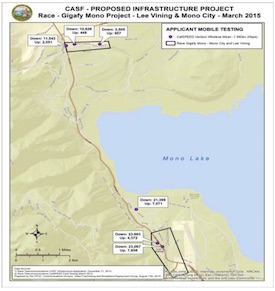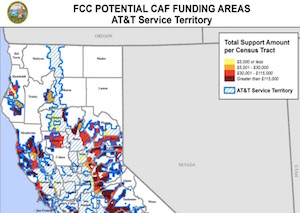Two more WiFi bullies slapped down by FCC
![By [https://www.flickr.com/photos/7289631@N02/ japedi's buddy icon japedi] (Flickr.com - image description page) [CC BY 2.0 (https://creativecommons.org/licenses/by/2.0)], via Wikimedia Commons](https://www.tellusventure.com/images/2015/11/baltimore_convention_center.jpg)
Hefty fines have again been assessed against hospitality companies that interfere with guests’ personal WiFi hotspots, or seem to. The Federal Communications Commission nailed a concessionaire at the Baltimore convention center for $718,000…
… MoreThe Enforcement Bureau’s investigation found that M.C. Dean engaged in Wi-Fi blocking at the Baltimore Convention Center on dozens of occasions in the last year. During the investigation, M.C. Dean revealed that it used the “Auto Block Mode” on its Wi-Fi system to block consumer-created Wi-Fi hotspots at the venue.









![By Heurtelions (Own work) [GFDL (https://www.gnu.org/copyleft/fdl.html) or CC BY-SA 3.0 (https://creativecommons.org/licenses/by-sa/3.0)], via Wikimedia Commons](https://www.tellusventure.com/images/2015/10/dscount_bingo.jpg)